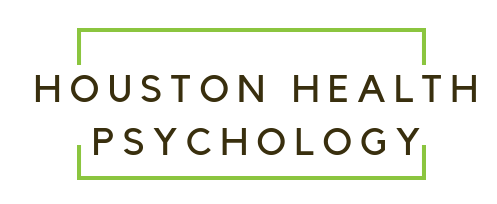Gobble, gobble! Turkey Day and Sleep
November 24, 2019Holiday Stress and Sleep
December 21, 2019
If you’re reading this, odds are high you’ve experienced sleep deprivation at some point in your life. And it can be challenging to try to function on a day you didn’t sleep well the night (or two! Or three!) before. Some situations call for sleep deprivation, and you just have to roll with it. Think about military personnel on a mission, or physicians working an overnight shift, or the procrastinating college student pulling an all-nighter to cram for a test the next day.
A night or two of sleep deprivation is no big deal. Your body will recover, and you will sleep well the next night or the night after.
But it can become problematic if you have a more enduring pattern of losing sleep. This has been so well-researched that even the Accreditation Council for Graduate Medical Education has set limits on the number of work-hours and frequency of overnight call shifts that medical residents can do. The ACGME has required that medical residents have at least 10 hours off between shifts so that they can…you guessed it, sleep! We know medical errors increase when physicians are sleep deprived. So, this is serious business.
Here are a few other effects of sleep deprivation:
- Irritability, mood changes (commonly depressed mood), cognitive impairment and memory lapses, impaired judgment
- Decreased reaction time (yikes, think about that and driving!)
- Note: the Highway Traffic and Safety Administration estimates that fatigue is a cause in 100,000 auto crashes/year in the U.S.
- Symptoms similar to ADHD
- Impaired immune functioning
- Tremors, aches, decreased body temperature
- Increased risk of Type 2 diabetes, heart disease and obesity
- Lower sex drive
- Hallucinations (in the extreme)
Good news is, Cognitive Behavioral Therapy for Insomnia can help you get your sleep back on track! You can learn new habits to hack your sleep and feel restored again!





